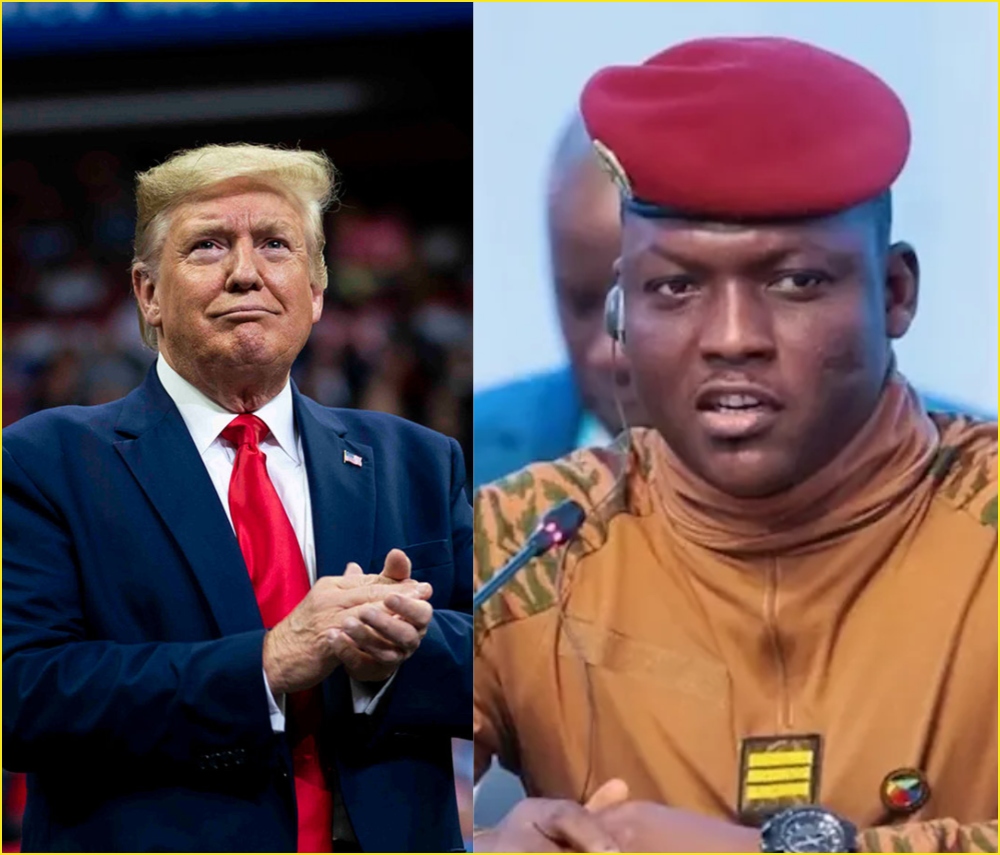In a rare act of diplomatic defiance, Burkina Faso has rejected a U.S. government proposal to accept third-country deportees—individuals deported from the United States who are not citizens of Burkina Faso.
The refusal has triggered immediate consequences, as the U.S. Embassy in Ouagadougou announced a suspension of all routine visa services in what observers view as a retaliatory move.
The controversy centers on what international lawyers and human rights experts refer to as third-country deportation agreements—arrangements in which one nation agrees to accept migrants or asylum seekers who were originally from another country. Burkina Faso’s Minister of Foreign Affairs reportedly described the U.S. proposal as “indecent,” stressing that the West African nation “is a land of dignity, not deportation.”

Legal and Diplomatic Fallout
From a legal standpoint, Burkina Faso’s rejection reflects growing tensions between U.S. immigration enforcement priorities and African nations’ sovereignty. These proposed deals often test the limits of international law, particularly concerning the principle of non-refoulement, which prohibits the transfer of individuals to countries where they may face persecution or harm.
By refusing to participate, Burkina Faso joins Nigeria in publicly rejecting such arrangements. In contrast, Ghana—another West African nation—recently cooperated with U.S. authorities on third-country deportations, a move that temporarily lifted visa restrictions but sparked domestic and international backlash.
Legal analysts have pointed out that these agreements raise significant ethical questions. “They blur accountability,” noted one immigration law expert, “because they allow one state to outsource deportation responsibilities to another that may not have the legal or humanitarian infrastructure to handle the arrivals.”
The Ghana Controversy
Ghana’s involvement illustrates the complexity of the issue. Just weeks ago, the country was accused in a U.S. federal court of facilitating deportations of individuals who were not Ghanaian citizens. The case of Kilmar Abrego Garcia, a Salvadoran national mistakenly slated for deportation to Ghana, further exposed procedural confusion within the Department of Homeland Security (DHS). DHS later admitted the deportation order was premature and told Garcia’s attorneys to disregard it—but by that point, Ghana’s name had already been drawn into the controversy.
Critics argue that such administrative mishaps highlight the danger of delegating deportation processes across borders without clear jurisdiction or due process safeguards.
Power Dynamics and Perception
Behind the legal debates lies a geopolitical reality: visa access and deportation cooperation appear increasingly linked. While the U.S. government has not officially confirmed a policy of reciprocal visa sanctions, patterns suggest that nations resistant to deportation agreements often face tightened travel restrictions.
For Burkina Faso, a country rebuilding amid security challenges and political uncertainty, the U.S. visa suspension sends a clear message. Yet, many in the region see the government’s refusal as a principled stand for sovereignty and human dignity.
“The legal and ethical implications here are profound,” said a regional policy observer. “Burkina Faso is essentially asserting that national integrity cannot be traded for consular privileges.”
Broader Implications
The dispute comes at a time when U.S. immigration policy is under intense scrutiny. Facing domestic pressure to accelerate deportations, Washington has sought to establish partnerships that streamline removal operations. However, as African nations grow increasingly wary of such deals, the U.S. may find its leverage limited by perceptions of neocolonial pressure.
For now, Burkina Faso’s position marks a turning point in African resistance to third-country deportation arrangements—a signal that smaller nations are willing to bear the diplomatic costs of standing firm on principle.
